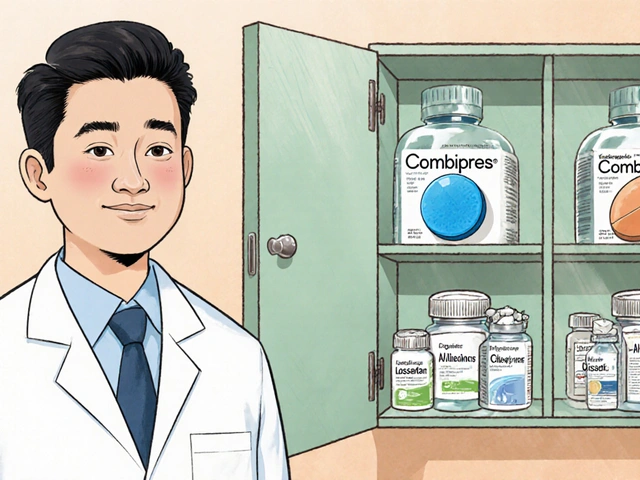Speech Therapy for Relapsing-Remitting Diseases: What You Need to Know
If you or someone you love lives with a relapsing‑remitting condition, you’ve probably noticed how speech can get shaky during flare‑ups. That’s where speech therapy steps in. It isn’t just about talking clearer; it’s about keeping communication reliable when the disease tries to take over.
Why Speech Therapy Matters
First off, relapsing‑remitting diseases often cause fatigue, muscle weakness, and coordination problems that affect the voice box and facial muscles. A therapist can teach exercises that strengthen these areas, making it easier to speak even on a bad day. You’ll learn breathing techniques that support steady speech, which also helps reduce anxiety about speaking in public.
Second, regular sessions build a routine of self‑monitoring. When you practice at home, you become aware of early signs that a relapse might be coming. Spotting those cues early can give you a chance to adjust medication or rest before symptoms get worse.
Third, speech therapy isn’t a one‑size‑fits‑all plan. Therapists tailor drills to your specific disease pattern, whether it’s multiple sclerosis, lupus, or another condition with flare cycles. That personal touch means you work on the exact muscles and skills that trouble you most.
Putting Therapy Into Your Routine
So how do you make speech therapy stick? Start small: set aside five minutes each morning for breathing exercises. The goal is consistency, not length. Over time, add a short articulation drill—like repeating “pa‑ta‑ka” slowly—to keep your tongue and lips agile.
If you’re busy, use everyday moments as practice slots. Talk on the phone while doing chores, or read a paragraph out loud before bed. Those mini sessions add up without feeling like extra work.
Track your progress in a simple notebook or app. Write down what you practiced, how long you felt comfortable speaking, and any changes in symptoms. Seeing improvement on paper boosts motivation and gives your therapist useful data for the next visit.
Don’t forget to involve family or friends. Let them know you’re working on speech skills so they can give gentle feedback and encouragement. A supportive environment makes practice feel natural rather than forced.
Finally, combine therapy with other disease‑management tools. Good sleep, balanced nutrition, and stress‑relief techniques all support the muscles you’re training. Think of your body as a team—when one part improves, the others benefit too.
Bottom line: speech therapy offers concrete ways to keep communication strong even when relapsing‑remitting diseases flare up. By learning targeted exercises, building daily habits, and tracking results, you gain more control over how you speak and interact. Give it a try—you might be surprised at how much clearer your voice can become during the toughest days.

The Vital Role of Speech Therapy in Managing Relapsing-Remitting Diseases
This article delves into the importance of speech therapy in managing relapsing-remitting diseases. It highlights the techniques used, the benefits for patients, and offers practical tips for integrating speech therapy into daily routines. It's a comprehensive guide for those seeking to improve communication skills while navigating the challenges of these conditions.
Detail




